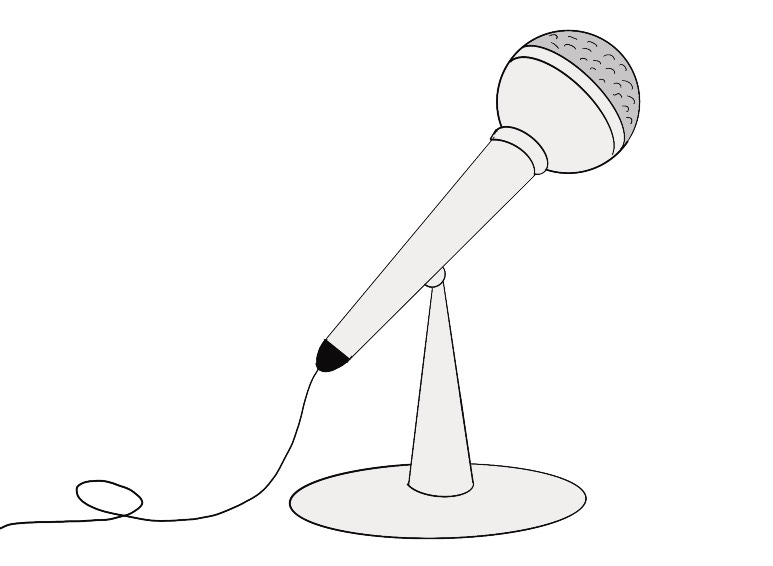I was getting a much-needed haircut last week when I received an email from a BBC producer asking whether I might be able to give a brief interview on the history of ‘slut-shaming’, female chastity, etc.
I’ve been contacted a few times by people wanting me to talk about my research, and my reaction is always the same: Yay! Someone wants to talk to me ab…
Keep reading with a 7-day free trial
Subscribe to Page by Page to keep reading this post and get 7 days of free access to the full post archives.





